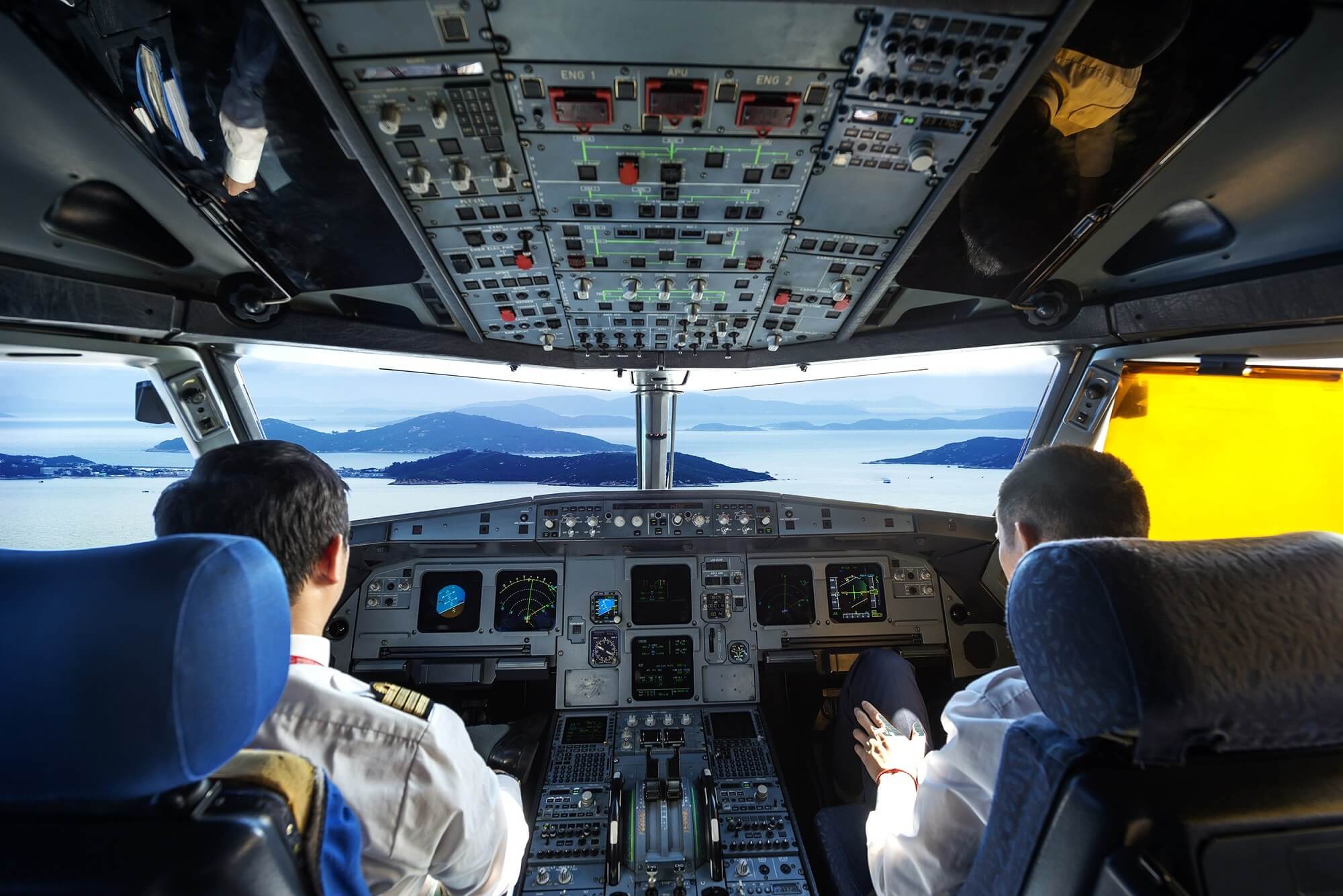In brief: The worrying trend of GPS spoofing, which can cause aircraft navigation systems to show the wrong location or a false time, is a growing problem. This issue is also proving hard to address, with the only near-term solution appearing to be better training for pilots.
In September last year, OpsGroup, an 8,000-strong international group of pilots, dispatchers, schedulers, controllers, and flight technicians, began highlighting incidents in which commercial aircraft in the Middle Eastern region received spoofed GPS navigation signals. These attacks, which countries often use as a defense against enemy aircraft and drones, also impact the fallback navigation systems, resulting in total failure.
The attacks use a specific vector that OpsGroup describes as "unthinkable" and exposes a "fundamental flaw in avionics design." The spoofing affects the aircraft's Inertial Reference System (IRS), used to help planes navigate.
Last week saw global regulators, aviation security specialists, and manufacturers meet to try and find a quick technical solution to the issue of GPS spoofing near warzones, writes Reuters. The attendees failed to agree on a plan, instead calling for better training for pilots to deal with the problem.
The growing number of warzones around the world has seen GPS jamming and spoofing getting worse recently. OpsGroup said Eastern Europe, the Black Sea, and the Middle East were hotspots for these incidents.
Last week's meeting, organized by the European Union Aviation Safety Agency (EASA) and international trade group the International Air Transport Association (IATA), was held in Cologne, Germany. In a joint statement, the organizers said GPS interference "can pose significant challenges to aviation safety." They also called for increased data-sharing on the incidents as well as GNSS (Global Navigation Satellite System) safety data, universal incident guidance from aircraft manufacturers, and a commitment from states to retain traditional navigation systems as backup in cases where GNSS are spoofed or jammed.
According to a source, technical solutions to GPS interference attacks would need to be consistently updated, creating a game of cat and mouse. A long-term solution was discussed that involved developing a second layer of authentication to check if GPS locations were being spoofed.
Another roadblock is the time it takes to certify certain technologies in the civil aviation industry, which can sometimes take a decade to approve.
Israel has used GPS spoofing to try and protect itself from Hezbollah missile strikes. It has warned pilots landing in the country that they shouldn't rely on GPS to land and instead to rely on alternative navigation methods.

